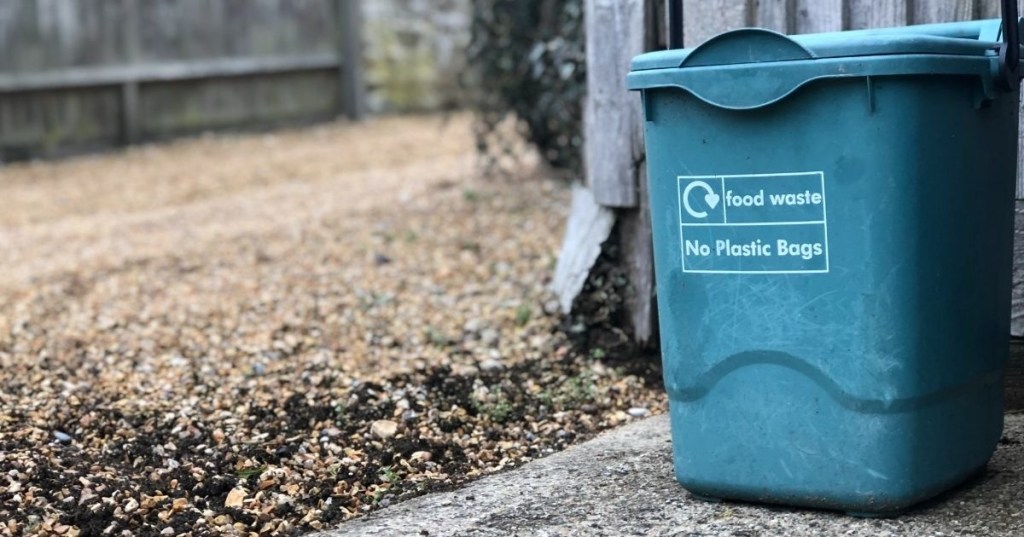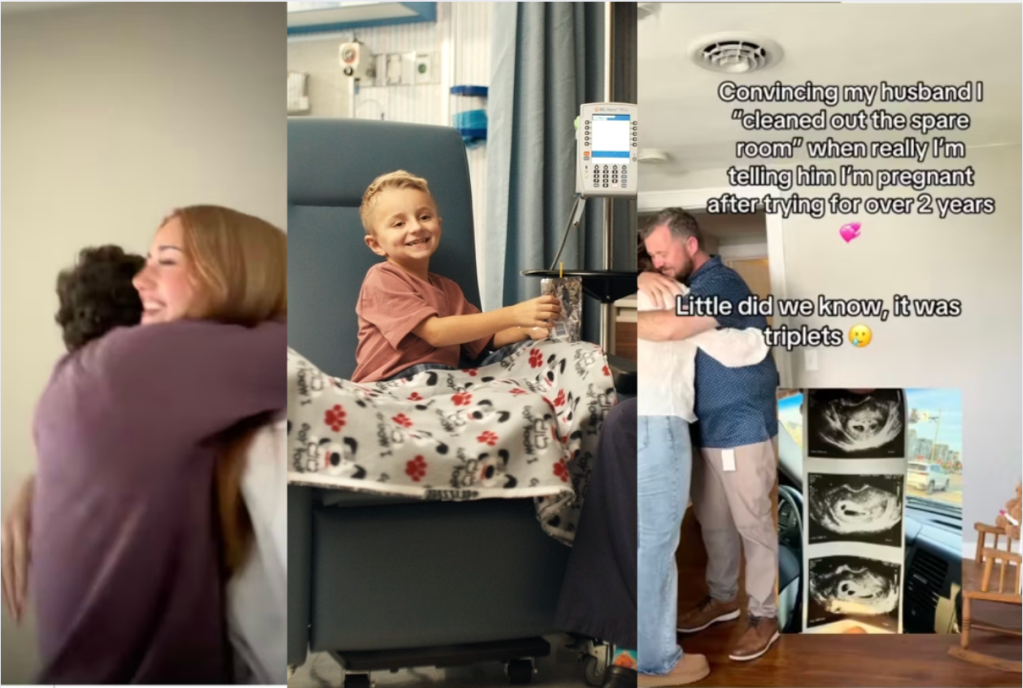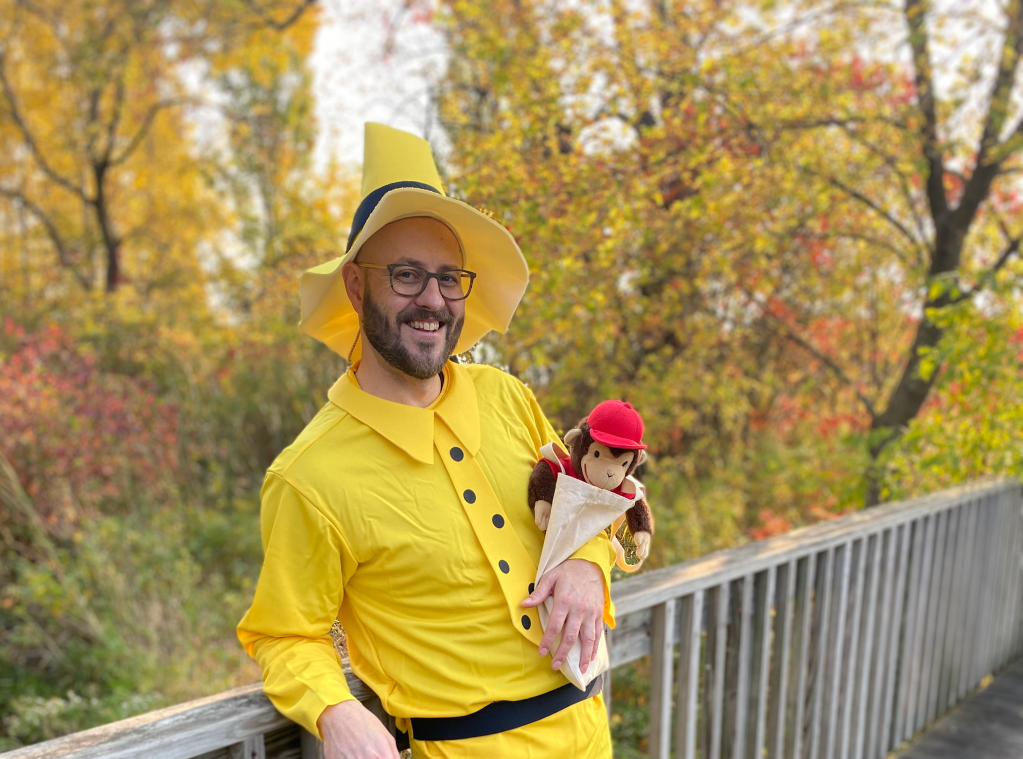The average American produces nearly 5 pounds of waste material—cardboard, plastic, aluminum cans, and junk mail—each day. The United States creates significantly more garbage than the rest of the world (roughly 3 times more!), and we’re running out of places to put it.
Most people are aware that recycling is important, but knowing exactly what and how to recycle properly can be confusing. Let’s face it: we are, as a nation, stretched pretty thin in this particular moment; now we have one more thing to worry about? In a word, yes.
Don’t worry though, because whether you’re new to recycling or have been doing it for years, there is always something more to learn and endless ways you can help. To make saving the planet a little bit simpler, we compiled a list of small things you can do that will make a huge impact.
Acknowledgment. Most of us go about our day without thinking about the garbage we’re producing, so simply tuning in to the choices we make is a big step forward. For example, online shopping increased dramatically in 2020, translating into a lot more cardboard boxes, plastic shopping bags, and Styrofoam takeout containers finding their way into households. That is a lot of trash!
Awareness. Buy from brands with a proven track record of environmental responsibility. Select foods in recyclable containers. Take the time to educate yourself on the best eco-friendly grocery stores in your area, and then… actually shop there.
Another piece of the awareness puzzle is knowing how much of an impact you want to make when you shop. By learning about the P&G Good Everyday rewards program and signing up, you can automatically help support initiatives like the Alliance to End Plastic Waste, and do more good.

Know the rules. Recycling the right way can be confusing, which is why P&G launched How2Recycle labeling across many of their products. The labels can be found on the packages on everything from laundry detergent to diapers, clearly communicating the recycling instructions and removing the hassle and guesswork.
Because different areas have different rules, it’s best to familiarize yourself with your town or city’s recycling facilities. You can also go online and run a search to find your nearest recycling center.
Break it down. Did you know that it’s frowned upon to toss milk jugs that aren’t rinsed out into the recycling bin? There are a lot of little, yet important, things to do before an item gets recycled: removing the metal lids from glass bottles and jars, removing the lids from metal cans, rinsing out cartons and jugs, removing packaging tape, and throwing away plastic bottle caps.
Don’t toss anything into the recycling bin inside of a plastic bag, and break down boxes before inserting them into the bin.
Take it a step further. According to P&G, “Shoppers worldwide use 500 billion single-use plastic bags each year, which often become part of the estimated 5.25 trillion pieces of plastic debris floating in our oceans. Because they take so long to break down, they contribute to the deaths of more than 100,000 marine creatures each year that get tangled in ocean plastic.”

Plastic bags that house dry cleaning, newspapers, and produce can be recycled; so can appliances, lightbulbs, and batteries! Consider skipping the produce bag or bringing reusable bags to the fruit stand instead. You’ll look cool, because saving the Earth is cool.
No one said reducing global pollution was easy, but we can definitely make it simpler. By following a few easy steps, each American can reduce the amount of waste they produce. Imagine how drastically the state of our planet would improve if everyone worked together.
—
Turn your everyday actions into acts of good every day at P&G Good Everyday.

































